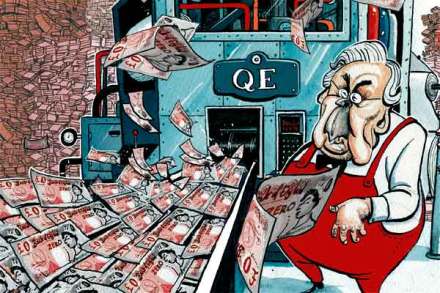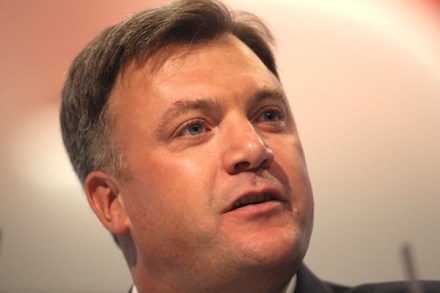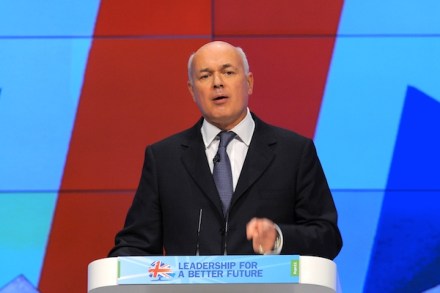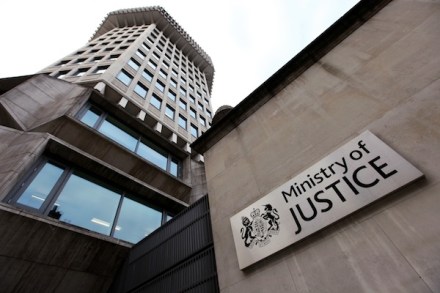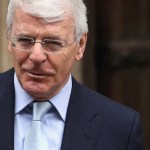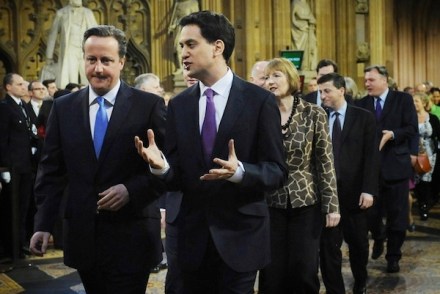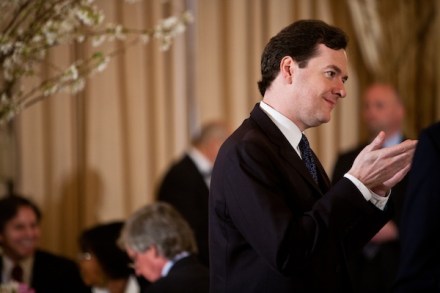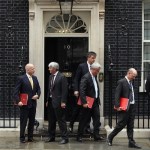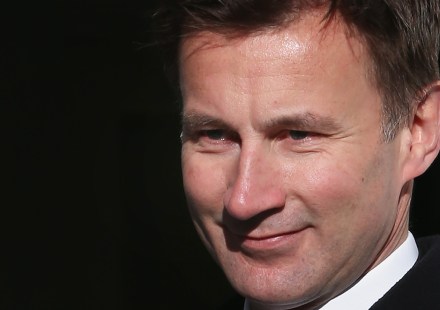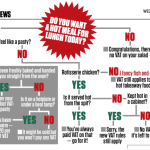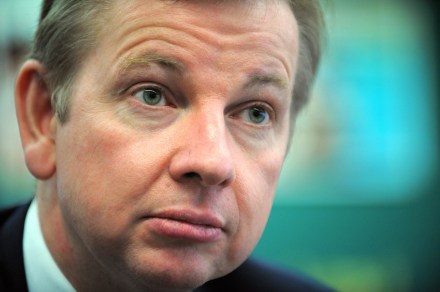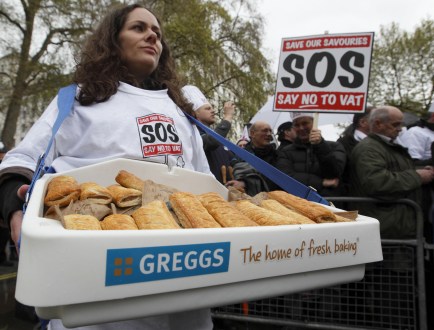Meryvn has his case for more QE
Last Thursday Mervyn King said ‘the case for further monetary easing is growing’, and today’s surprise inflation figures give the Governor and his policymakers more leeway to introduce the next round of QE, probably as early as next month. Consumer price inflation fell to 2.8 per cent in May from 3.0 per cent in April, below analysts’ average forecast of a flat reading. It’s the weakest monthly inflation since November 2009, with the main contributors being falling food and oil prices. This is good news indeed, especially given that inflation has been – and still is – eroding savers’ earnings by about 8 per cent over five years. Let’s not
